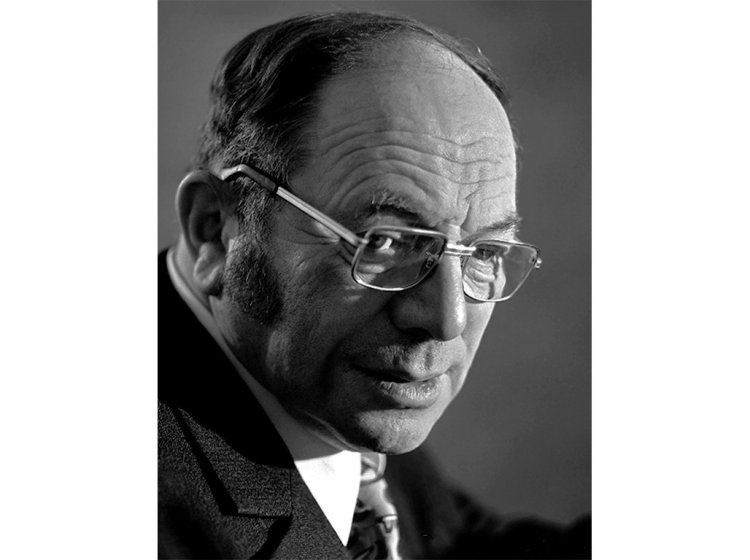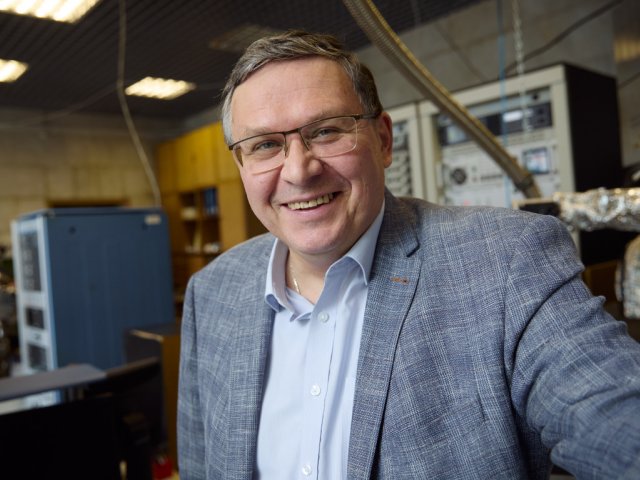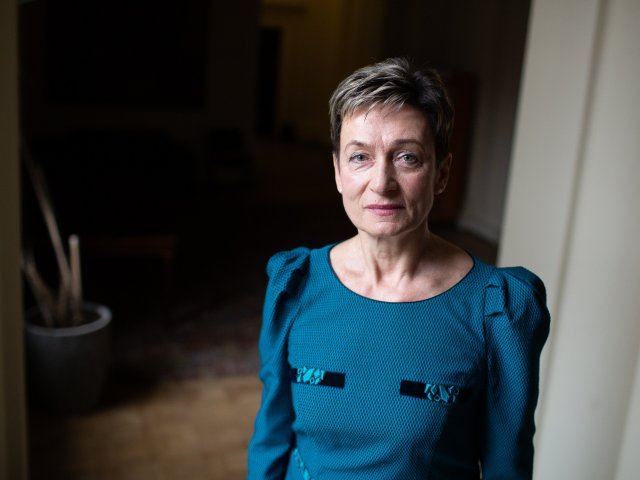Leonid Kantorovich – a Soviet mathematician and economist, laureate of the Alfred Nobel Memorial Prize in Economic Sciences – was born on January 19, 1912
Leonid Kantorovich, the future academician of the USSR Academy of Sciences, mathematician and economist, laureate of the Alfred Nobel Memorial Prize in Economic Sciences, was born on January 19, 1912, to a family of doctors. When he was only 14 (in 1926), the young genius entered the mathematical department of Leningrad University to become its graduate at the age of 18. He was engaged in active scientific work during his university years, and by the end of his studies he was able to solve some set theory problems. His student projects were of great importance for science, and they were even reported on at the First All-Union Congress of Mathematicians. Later Kantorovich started his teaching practice at Leningrad Construction Engineering Institute, which was a great surprise for his students as they were same-age peers. In 1934, four years after his graduation from university, he became a professor, while in 1935, at the age of 23, he became a doctor of physical and mathematical sciences without even defending a thesis research.
Leonid Kantorovich’s works were largely practice-oriented. During the war, he was engaged in calculations to solve military issues. Several years after the end of the war, his research had a significant influence on the development of computational mathematics and became kind of an omen of the advent of the first domestic computers in the early 1950s. He was also engaged in solving problems concerned with an atomic project. Apart from the Order of the Red Banner of Labor for participation in creating the first Soviet atomic bomb, Leonid V. Kantorovich also received a state reward of 100 thousand rubles and shared a quarter of it (25 thousand) with his colleagues.
His programming ideas were actively applied in production: thus, using linear programming methods, plant performance was improved. However, for this reason, the plant had to exceed the next-year plan based on the adopted planning system “from what had been achieved,” which was technically impossible, so the plant stopped referring to mathematicians. However, Kantorovich was infatuated with the ways to rationalize the use of resources and continued to study economic issues. In 1959, he spoke at the General Meeting of the USSR Academy of Sciences with a report on the backlog of economic science in the USSR where the main idea was not to isolate economics from other sciences, but to collaborate. While working in Novosibirsk at the Institute of Mathematics of the Siberian Branch of the USSR Academy of Sciences, Kantorovich created a laboratory to apply mathematics in economics.
Leonid Kantorovich went through another unpleasant situation in his life – his progressive, advanced ideas were not tolerated by some people, so due to denunciation, Kantorovich ended up in a psychiatric hospital. Fortunately, his brother was a famous psychiatrist and his efforts helped Leonid Kantorovich to release.
Leonid Vitalyevich Kantorovich received great recognition: he was an academician of the USSR Academy of Sciences, a winner of two Orders of Lenin and other awards, became a laureate of the Alfred Nobel Memorial Prize in Economic Sciences, was a member of various professional societies and held honorary doctorate degrees of many universities around the world.
Sources: Wikipedia, Rosatom’s history
Photo: Andrey Bogdanov / foto.ru






















